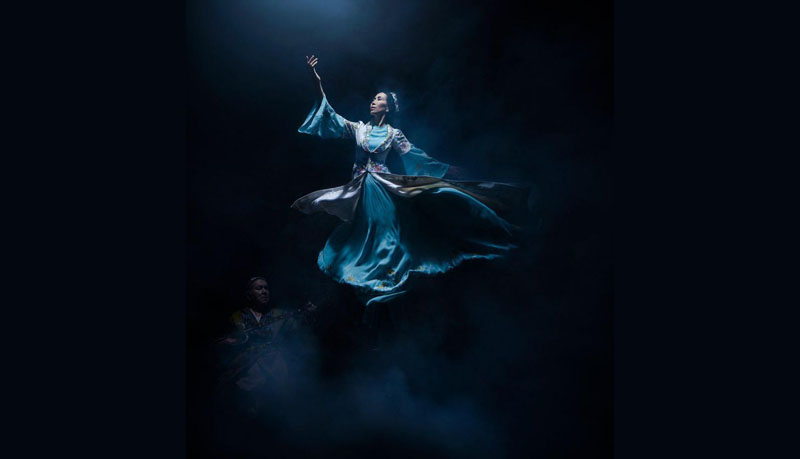Album book “Maqom” is published in Uzbekistan

As part of the work initiated by the President of Uzbekistan Shavkat Mirziyoyev on the further development of the Uzbek national art of “maqom”, an album book with the same title (“Maqom”) was published.
The publication, designed to preserve the unique musical heritage of the Uzbek people and transmit it in its original form to new generations, contains sections on the works of ancient thinkers, scholars and poets dedicated to the musical art of “maqom”.
Particular attention is paid to the philosophy of this art. The works of such scholars as Farabi, Ibn Sina, Maragi, Kavkabi and others, the history of different directions of “maqom”, including “the Bukhara shashmaqom”, “the Khorezm Six and a half maqom” and “Dutar maqom”, as well as “the Fergana –Tashkent maqom” are highly hailed in the book.
It outlines the specifics and technology of making musical instruments, widely used in the performance of maqom and gives detailed information about famous masters.
The publication is illustrated with unique panoramic photographs reflecting the role of the “maqom” schools in the cultural development of various regions of Uzbekistan. Besides, rare photographs, which present the history of the development of this musical art over the last century, are also shared in the book.
The album book also contains “Shashmaqom. Oltin Bisot” collection, which is an anthology of audio recordings from the precious archives of the National Television and Radio Company of Uzbekistan, performed in 1959-1963 by the “Maqom” ensemble under the supervision of academician Yunus Rajabi.
It should be noted that the President of the Republic of Uzbekistan in November 2017 signed a decree “On measures to further develop the Uzbek national art of maqom”. The document envisages the creation of conditions for a comprehensive study of the Uzbek art of “maqom”, the development of associated performing schools and traditions, the creation and enrichment of maqom’s “golden collection”, and its promulgation abroad.



